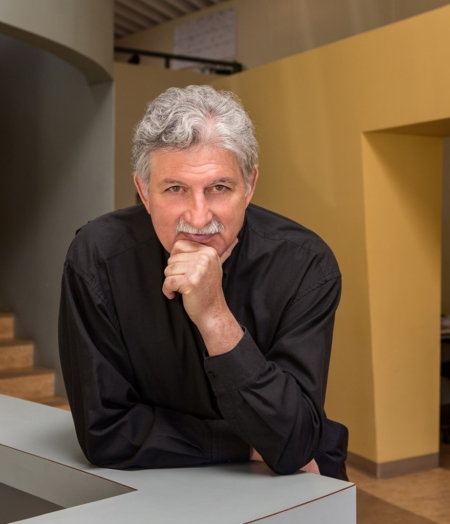COP27 — Presenter Info
Edward Mazria
Edward Mazria, FAIA, Hon. FRAIC, is the Founder and CEO of Architecture 2030. He is an internationally recognized architect, author, researcher, and educator. Over the past decade, his seminal research into the sustainability, resilience, energy consumption, and greenhouse gas emissions of the built environment has redefined the role of architecture, planning, design, and building, in reshaping our world. He is the founder of Architecture 2030, a think tank developing real-world solutions for 21st century problems, and host of the AIA+2030 Professional Education Series and inspiration for the 2030 Districts movement in North American cities.
Mazria issued the 2030 Challenge and introduced the 2030 Palette, a revolutionary new platform that puts the principles behind low-carbon/zero carbon and resilient built environments at the fingertips of architects, planners, and designers worldwide. In 2014 he presented the Roadmap to Zero Emissions at the Organization of Economic Cooperation and Development and UN Framework Convention on Climate Change calling for zero emissions in the built environment by 2050, and drafted the 2050 Imperative, endorsed by professional organizations representing over 1.3 million architects in 124 countries worldwide. In 2015 he launched the China Accord, which has been adopted by key international firms pledging to plan, design and build to carbon neutral standards in China; and delivered the opening presentation at the UNFCCC COP21 “Buildings Day” titled The 2 Degree Path for the Building Sector.
Mazria speaks nationally and internationally on the subject of architecture, design, energy, economics, and climate change and has taught at several universities, including the University of New Mexico, University of Oregon, UCLA, and the University of Colorado-Denver.
National Council for Science and the Environment, 2018 Lifetime Achievement Award.
He is a Senior Fellow of the Design Futures Council, Fellow of the AIA, Honorary Fellow of the Royal Architectural Institute of Canada, and received an Honorary Doctor of Architecture degree from Illinois Institute of Technology.


